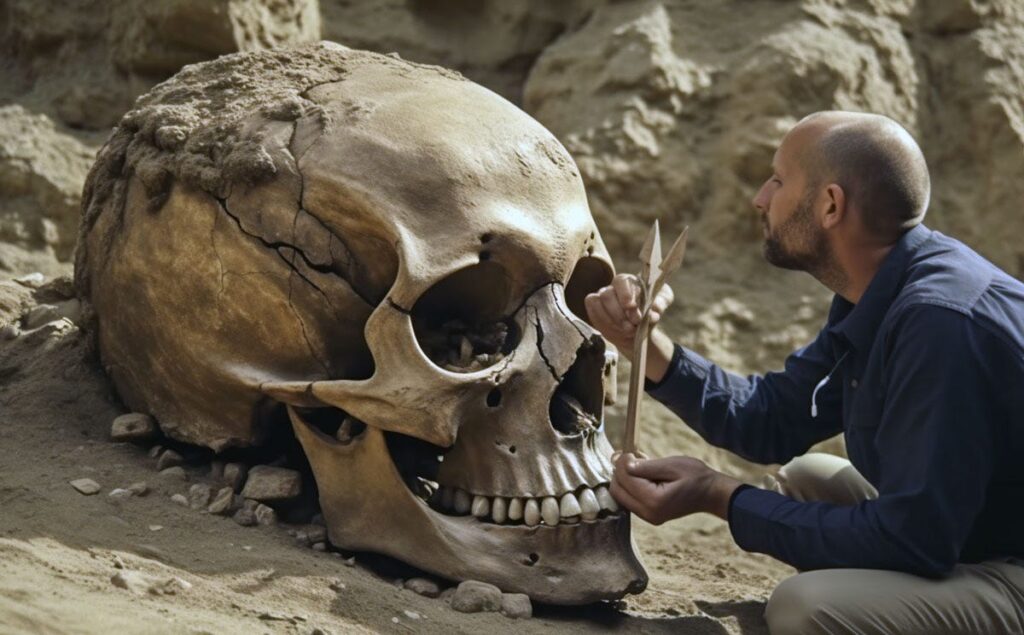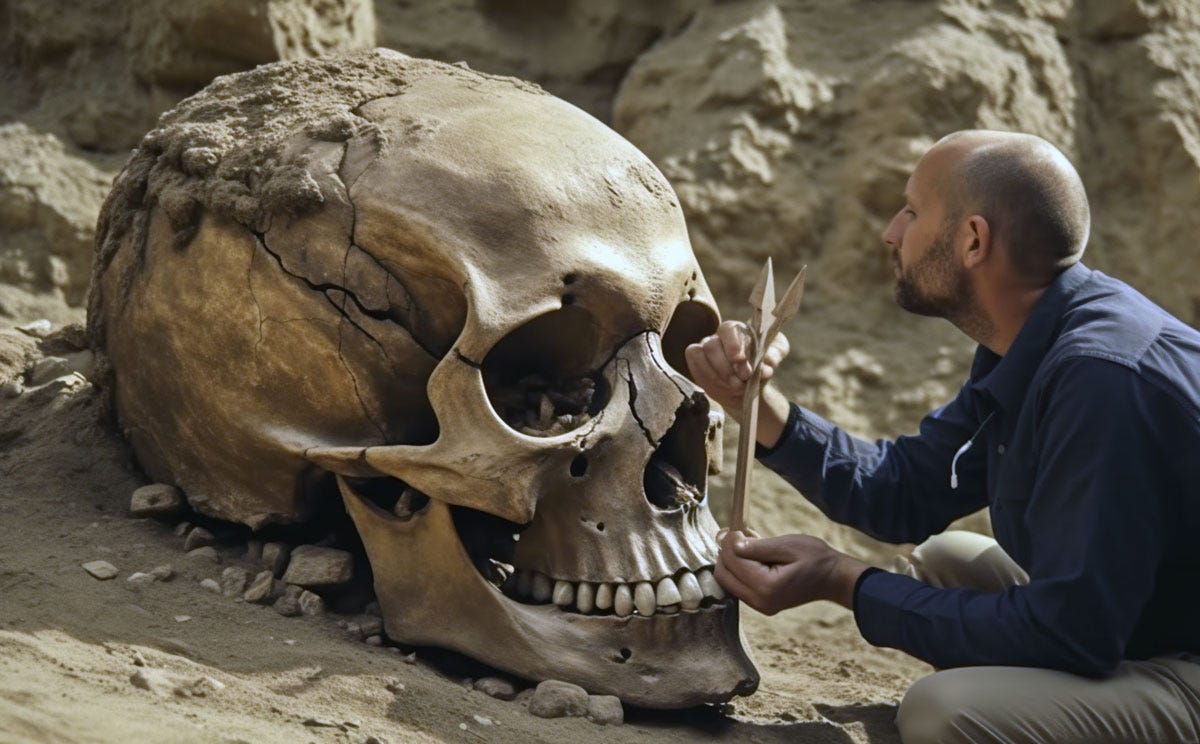
What is Ordo Amorum? The Bible’s account in Genesis 6:1-4 presents one of its most enigmatic passages:
“When man began to multiply on the face of the land and daughters were born to them, the sons of God saw that the daughters of man were attractive. And they took as their wives any they chose. Then the Lord said, ‘My Spirit shall not abide in man forever, for he is flesh: his days shall be 120 years.’ The Nephilim were on the earth in those days, and also afterward, when the sons of God came in to the daughters of man and they bore children to them. These were the mighty men who were of old, the men of renown.”
This passage raises profound questions: Who were the Nephilim? Were they a superhuman race born from celestial beings and earthly women? Though the text doesn’t explicitly confirm this interpretation, it does provoke intriguing theological and existential considerations about humanity’s relationship with God.
Decoding the Mystery: What Does the Text Suggest?
At first glance, the idea of “sons of God” lusting after “daughters of man” and fathering a race of Nephilim sounds an irreverent scene from a Mel Brooks movie. Yet, the Bible offers little detail, leaving much to speculation. Instead of trying to develop an air tight theological explanation, perhaps the key takeaway is to reflect on what this story reveals about love, sin, and divine order.
Augustine’s Ordo Amorum and the Order of Love

St. Augustine’s concept of ordo amorum (the order of love) sheds light on this passage. His philosophy teaches that:
- Love is an act that involves the will.
- There is a hierarchy of value among things to be loved, with God at the top, human beings in the middle and non-humab things at the bottom.
- Sin results when love is disordered or misdirected—when we prioritize lower loves over higher ones.
For instance, loving your family is absolutely right—but loving your career more than your family? That’s disordered love. The same goes for prioritizing material wealth or power over your relationship with God. It’s all about the hierarchy. If I love my friends more than my children—disordered love. If I love my children more than my wife—disordered love. If I love my friend’s wife instead of my wife—well, that’s not just disordered love; that’s chaos! And loving my cat more than my dog? Yep, disordered love. According to Augustine, the problem isn’t that these things are inherently bad—it’s that we’re loving them out of order.
According to Augustine: “When the will abandons what is above itself, and turns to what is lower, it becomes evil – not because that is evil to which it turns, but because the turning itself is wicked. Therefore, it is not an inferior thing which has made the will evil, but it is itself which has become so by wickedly and inordinately disiring an inferior thing.”
Disordered Love in Genesis 6 – Ordo Amorum
The “sons of God” in Genesis 6 demonstrate a clear example of disordered love. By directing their will and desires toward earthly women rather than God, they acted against divine intention. Their actions created the Nephilim, a mighty but ultimately flawed race that was not part of God’s design.
This misdirection echoes Augustine’s teaching:
“Morality consists in directing our liberty towards God. When people love created things as if they were eternal things, when they direct their will inappropriately toward creatures instead of toward God, when they allow themselves to be captivated by the things of the world rather than letting their restless hearts find rest in God, their true end, the result is sin, evil, judgment, and death.” John F Harvey
God’s original design for humanity, as seen in Genesis 1:28, was for Adam and Eve to “be fruitful and multiply” within the boundaries of a God-ordained relationship. The union of the “sons of God” and “daughters of man” strayed from this purpose, producing unintended consequences.
Theological Implications: Love in the Right Order
The passage invites us to reflect on our own lives. Like the “sons of God,” we are often tempted to direct our desires toward worldly things—money, power, pleasure—at the expense of our relationship with God. Jesus himself warns against such misdirection, calling us to seek God first in all things.
Jesus, the ultimate “Son of God,” exemplifies ordo amorum. He submitted fully to the Father, even to the point of sacrificing his life for humanity. His perfect love, placing others above himself, offers a living model of divine order.
A Vision for a World Aligned with God’s Love
Imagine a world where everyone followed the order of love exemplified by Jesus. Wars would cease, resources would be shared, and creation would flourish. In the new heaven and earth, as described in Revelation, this divine order will finally be realized: no more striving for power, wealth, or dominion—only perfect love.
The story of Genesis 6 reminds us of the consequences of misplaced love and the beauty of aligning our desires with God’s will. By putting God first, loving others rightly, and seeking divine wisdom, we can live in harmony with His design.
This passage, though mysterious, holds profound lessons about the nature of sin, love, and our relationship with God. Let it inspire us to reflect on the order of our own loves and strive for the peace and purpose found in aligning them with God’s will.

